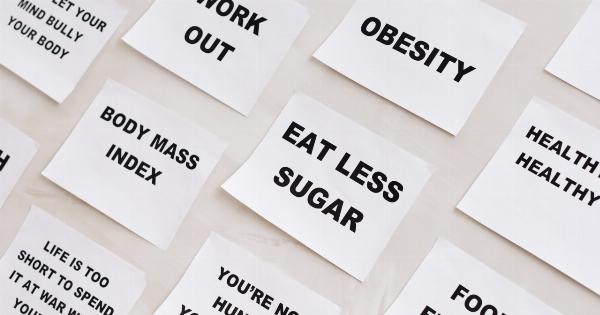When we think about improving our eating habits, our minds often turn to counting calories, measuring portions, or trying out the latest fad diet.
But what if the key to better eating habits was something much simpler, and something that many of us could benefit from anyway: getting more sleep?.
Why Lack of Sleep Affects Eating Habits
It’s no secret that lack of sleep can have negative consequences for our health. But how does it specifically affect our eating habits?.
For starters, sleep deprivation messes with our hormones.
Specifically, it increases the production of ghrelin, a hormone that stimulates appetite and makes us feel hungrier, and decreases the production of leptin, a hormone that signals when we’re full and helps regulate appetite. So when we’re sleep-deprived, we’re not only hungrier, but we also have a harder time feeling satisfied with the amount of food we eat.
Additionally, research has shown that when we’re sleep deprived, we tend to crave sugary and carb-heavy foods. This may be because our bodies are looking for a quick source of energy to compensate for the lack of rest.
Finally, lack of sleep can also impact our decision-making abilities and self-control. When we’re tired, we’re more likely to give in to temptation and make less healthy food choices.
The Benefits of Getting More Sleep
So if lack of sleep is the problem, can getting more sleep really help improve our eating habits? The answer is a resounding yes.
First and foremost, getting adequate sleep helps regulate our hormones and reduces feelings of hunger. This means we’re less likely to overeat or make poor food choices simply because we’re feeling hungry or unsatisfied.
Additionally, better sleep quality can lead to better decision-making when it comes to food choices. When we’re rested, we’re better able to resist temptation and make choices that align with our health goals.
Finally, getting enough sleep is also important for overall health and wellbeing. Chronic sleep deprivation has been linked to a host of health issues, including obesity, diabetes, heart disease, and even depression.
Tips for Improving Sleep Habits
If you’re looking to improve your eating habits by getting more sleep, here are some tips to help you get started:.
Establish a Regular Bedtime
Going to bed and waking up at the same time every day helps regulate your body’s natural sleep-wake cycle and can improve the quality of your sleep.
Create a Relaxing Bedtime Routine
In the hours leading up to bedtime, try to create a calm, relaxing environment that promotes rest and relaxation. This might include taking a warm bath, reading a book, or practicing meditation or yoga.
Avoid Caffeine and Alcohol Before Bed
Caffeine and alcohol can disrupt sleep, so it’s best to avoid them for several hours before bedtime.
Avoid Screen Time Before Bed
The blue light emitted by screens can interfere with your body’s natural production of melatonin, a hormone that helps regulate sleep. Try to avoid screen time for at least an hour before bedtime.
Create a Comfortable Sleep Environment
A comfortable mattress, pillow, and bedding can go a long way in helping you get a good night’s sleep. Additionally, your sleeping environment should be quiet, cool, and dark.
Exercise Regularly
Regular exercise can help improve sleep quality, but avoid exercising too close to bedtime, as it can actually interfere with sleep.
The Bottom Line
When it comes to improving our eating habits, getting adequate sleep is a strategy that is often overlooked but incredibly effective.
By regulating our hormones, improving our decision-making abilities, and promoting overall health and wellbeing, getting more sleep can help us make better choices when it comes to food and ultimately lead to a healthier and happier lifestyle.






























